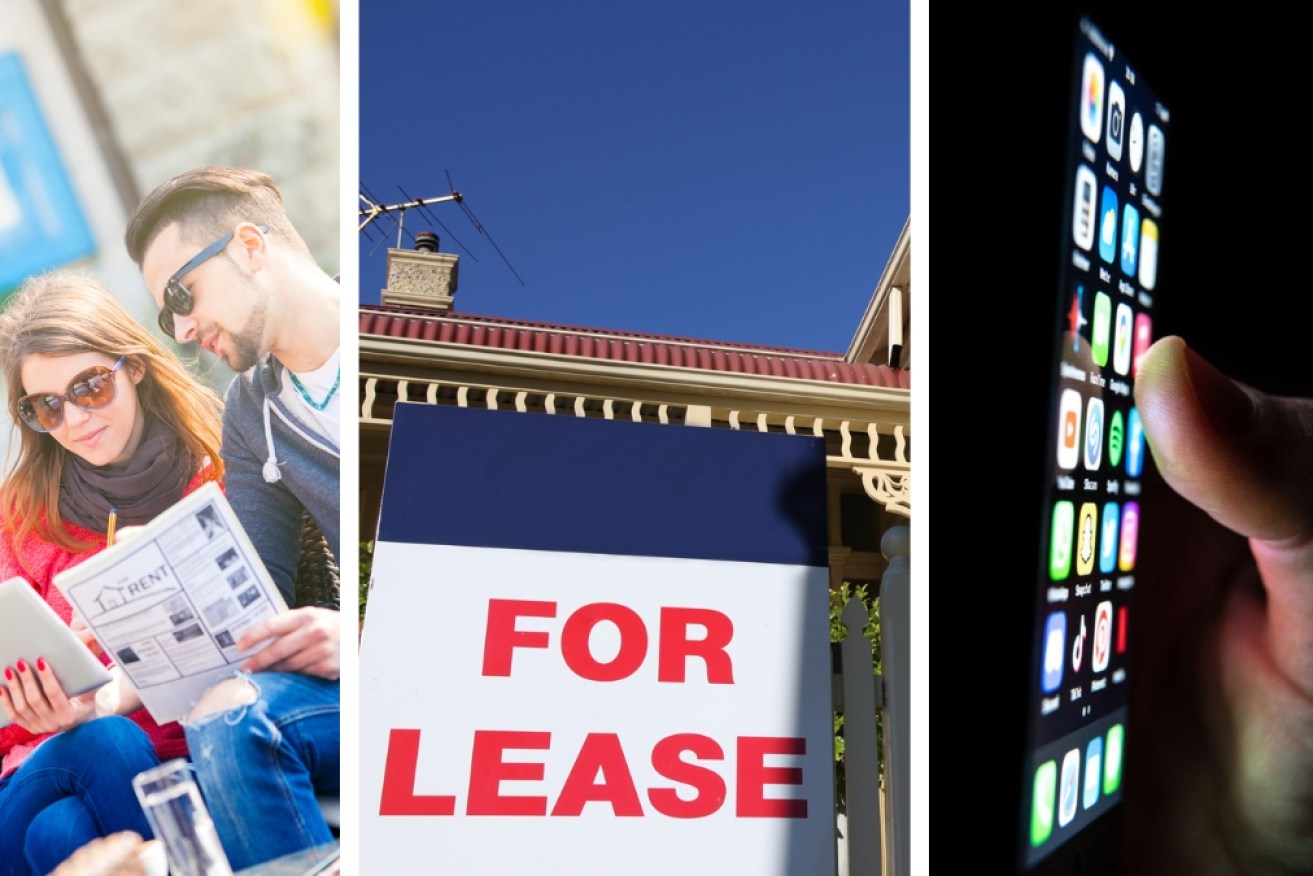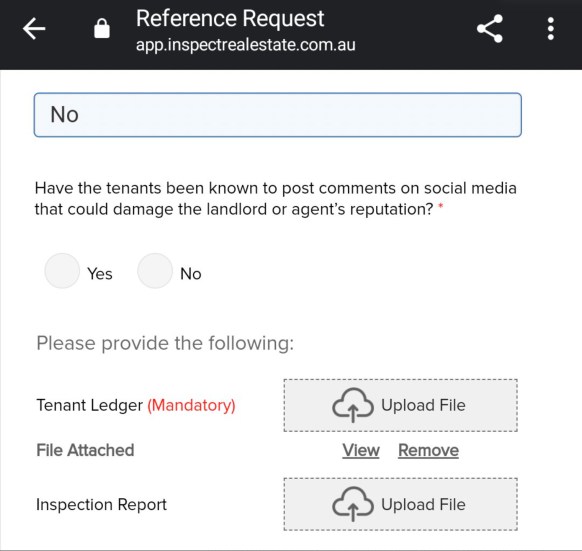‘Fundamentally flawed’: How social media could affect your next rental application


Your social media use could affect the result of future rental applications. Photo: TND/Getty
Renters have to lay their lives bare for real estate agents and landlords in pursuit of a place to live – now some real estate agents have turned their attention to social media.
Renters’ advocate Jordan van den Berg, who runs a website dedicated to exposing the poor treatment of renters in Australia, took to X with the revelation this week.
He included a screenshot of a questionnaire for a prospective tenant’s reference, which asked, “Have the tenants been known to post comments on social media that could damage the landlord or agent’s reputation?”
Van den Berg told The New Daily the issue was brought to his attention early last year, and seems to be becoming more common.

Photo: X/@purplepingers
Many prospective tenants may be completely unaware because the question is sent directly to their references.
“The premise of the question is fundamentally flawed,” van den Berg said.
“Because the landlord’s reputation being damaged due to a social media post, for example, is purely the fault of the landlord, not the social media post. If the landlord had done the right thing, there wouldn’t be social media posts.”
He said the ability to post complaints on social media is important given the power imbalance in rental situations.
The potential for eviction or being blacklisted often keeps renters from raising complaints directly with real estate agents or landlords for fear of angering them.
Van den Berg acknowledged he was in the privileged position of owning his home. But he said it was still important for those who could to speak up – and that the government should legislate a standard reference check that prescribed what could be asked and what couldn’t.
“It’s a fundamental principle of our democracy that we’re able to speak up when things are wrong, so that we can raise awareness,” he said.
“Because, quite frankly, the people writing the legislation are landlords, and they don’t know about these kind of things that happen.”
Tenants Union of NSW policy and advocacy manager Jemima Mowbray said about 10 per cent of renters surveyed last year reported their social media profile information had been requested during applications.
“It’s not currently unlawful, but it’s certainly not best practice and we don’t believe it is particularly helpful to the landlord in guiding whether an applicant has capacity to pay their rent, and meet other obligations of their contract,” Mowbray said.
“We’d like to see much clearer and stronger regulation prohibiting landlords or their agents from requesting this information or using it to make a decision about applications.”
Take steps before posting
Curtin University property expert J-Han Ho said many social media users knew their social media activity could affect their life, which was one reason for the common use of pseudonyms.
He said renters should try to resolve issues privately before venting on social media, as there could be multiple sides to every story.
“If the real estate agents’ [offices] are not very far away from the tenants’ property, walk in and say, ‘Hi, I’m the tenant for this property, I really need to speak to someone about this’,” Ho said.
“If the property manager is not available, they could ask for the business operator … or maybe the office manager, so they could technically escalate this to someone higher to get it resolved.”
He said a clear understanding of rights as a tenant was crucial; each state and territory has a tenants’ guide available online.
Even if a property meets all required legal standards, that doesn’t mean it’s liveable.
A Consumer Policy Research Centre and Tenants Victoria report released on Wednesday found there was room for improvement in the state’s minimum standards, as homes that meet them could still be unsafe and unhealthy.








